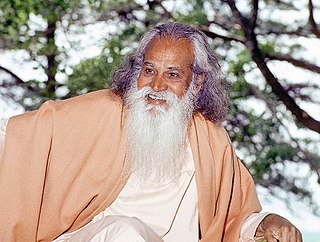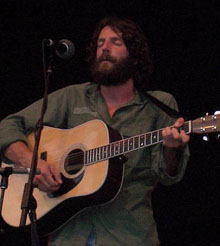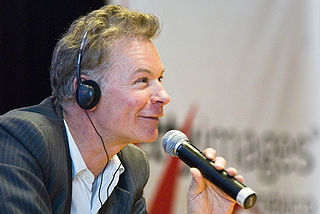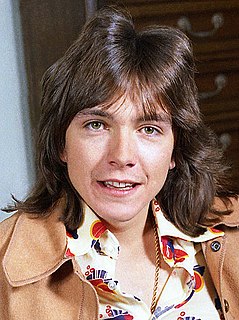A Quote by James Franco
Teens today rule the world. The whole culture - movies, music - is pointed at young people. They have so 'much' power.
Related Quotes
There's a certain trope in young adult fiction. A young girl gets cancer and becomes this radiant person who's a fountain of insight. Everyone who encounters her is changed for the better. That doesn't happen all the time. The whole thing is much more difficult to process. Adults have trouble with it, so why shouldn't we expect teens to?
I think it is harder to scare young people because there is an ironic hipster stance that you have to take in relation to pop culture. You know you're being manipulated. People are so aware of the manipulation. We're all aware that movies toy with us and pull our strings. There was a time when people just didn't acknowledge that as much.
Many things have changed in our culture here in England as a direct result of the Pistols: the whole street-fashion thing in London, for example, or the coverage of popular culture in the national press, or the fact that the film industry is now about young people making films about young British issues.
The comics of course, help the movies, because all of the comic fans want to see the movies. And the most amazing thing about it is these movies seem to appeal to young people, to old people, and to people all over the world. They're as popular in China and Latin America as they are here. That's really amazing and gratifying.




































